The women of Domaine Marial are sewing a bright new garment. Many hands hold down the colourful fabric as one of the women irons a straight new seam.
They are part of a women’s economic empowerment project run by Good Shepherd at their training centre on the outskirts of Kolwezi, a town in the southern-most province of the Democratic Republic of Congo.
Become a NILS Referral Partner
At Good Shepherd Ireland we operate the NILS programme through a model of partnership.
We partner with client-facing, like-minded, local organisations to ensure we can reach those in financial crisis.

When a household appliance breaks it usually needs to be replaced immediately, but finding the money to pay for it can be a struggle. When it happens just before Christmas, the financial pressure can be even more intense. The No Interest Loan Scheme is there to help people tackle those unexpected expenses.

Bumps on the Journey
Just over a year ago, Delia was faced with a dilemma. She had damaged her car, and had been quoted over €600 to fix it. Postponing the repairs wasn’t an option as she needed transport for school runs. But she didn’t have the money to meet such a large expense, and felt she had nowhere to turn.
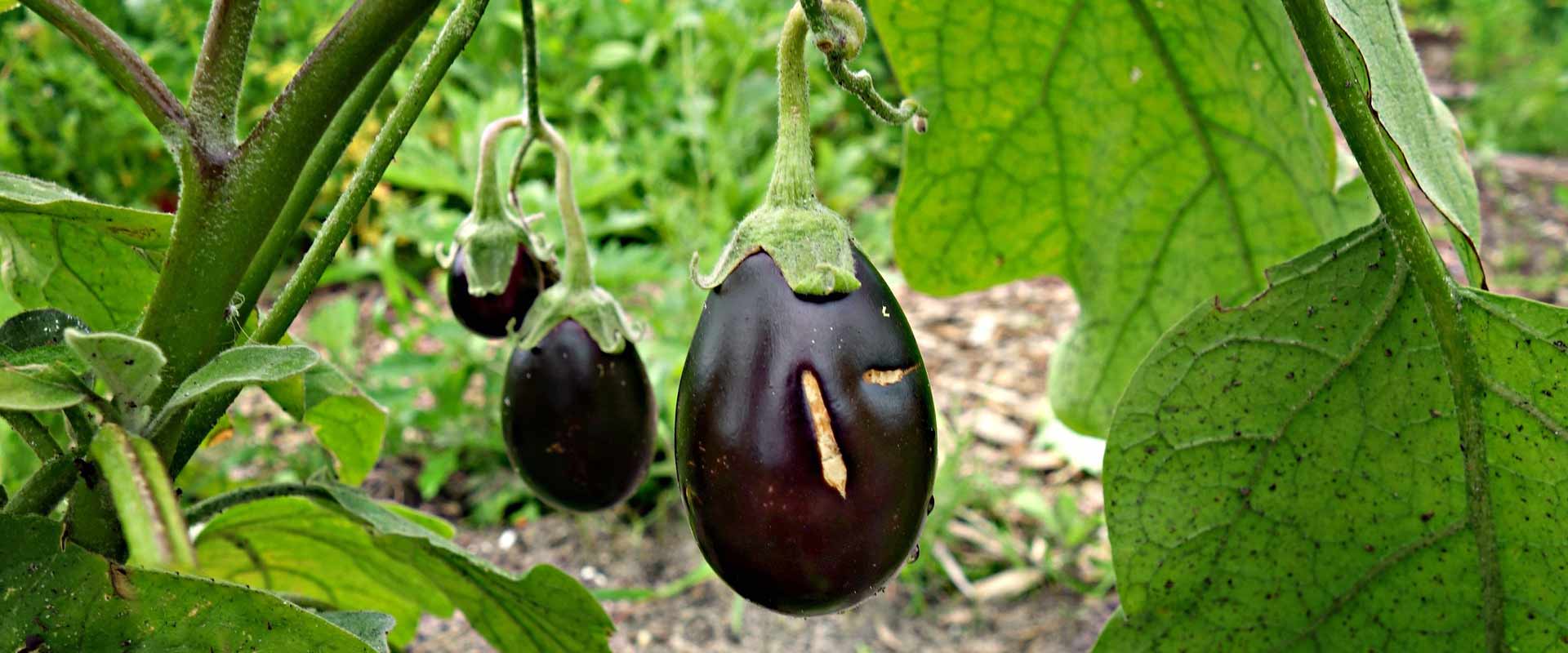
Sustainable Living, from Congo to Limerick
Sowing seeds of hope: How NILS helped Maurice to develop vegetable garden project
On a farm outside Limerick, Maurice and a team of volunteers are teaching young people how to grow African vegetables for the local community. The No Interest Loan Scheme was instrumental in getting the project off the ground.
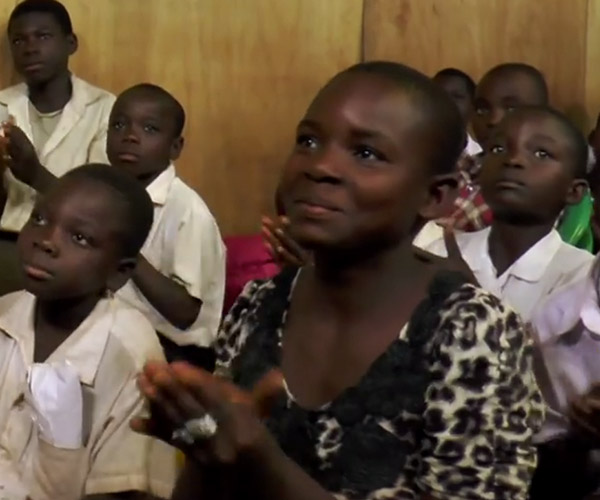
“He will have a diploma. She will have a diploma.”
“Il aura un diplôme. Elle aura un diplôme,” chant the children of the Bon Pasteur School in Domaine Marial, a settlement at the edge of the mining town Kolwezi in the Democratic Republic of Congo. The thought that even a single boy or girl in this settlement might one day earn a school diploma is not something that would not have been considered possible a few years earlier.

“I’m in a better position now to get a job”: A step closer to employment thanks to NILS
Benoit loves to actively contribute to his local community, but as an asylum seeker has not been allowed to work. Thanks to the No Interest Loan Scheme, he recently returned to study and is preparing to enter employment in Ireland.
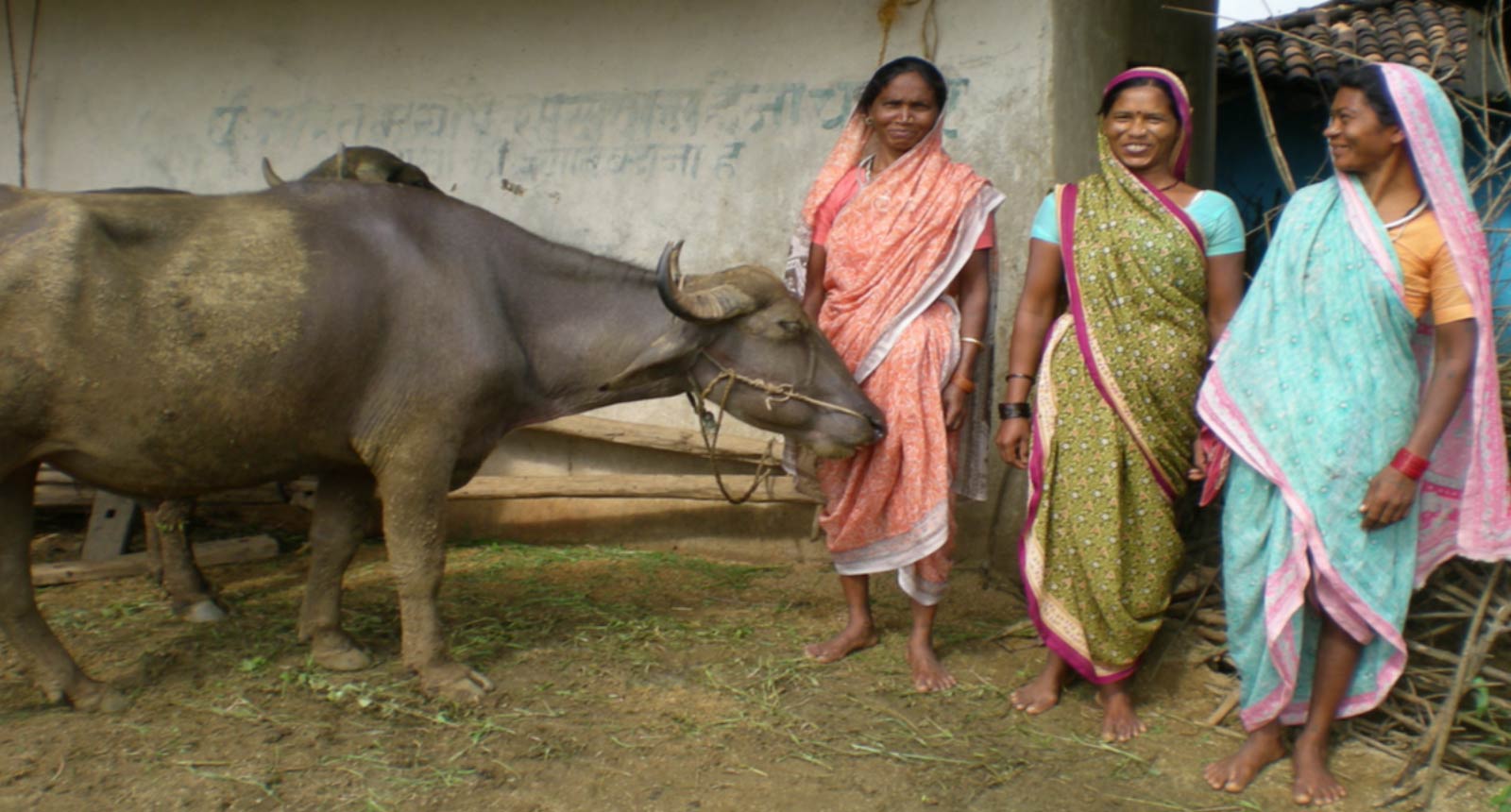
Two new businesses help Dropati find her own voice
Dropati is a housewife living in the rural village of Khursipar in Madhya Pradesh in central India. When Dropati first married, the management of the family’s two-acres of land was left entirely to her husband. Over the last year, Dropati has taken on a more active role, starting two new businesses, building a new home and finding her own voice.
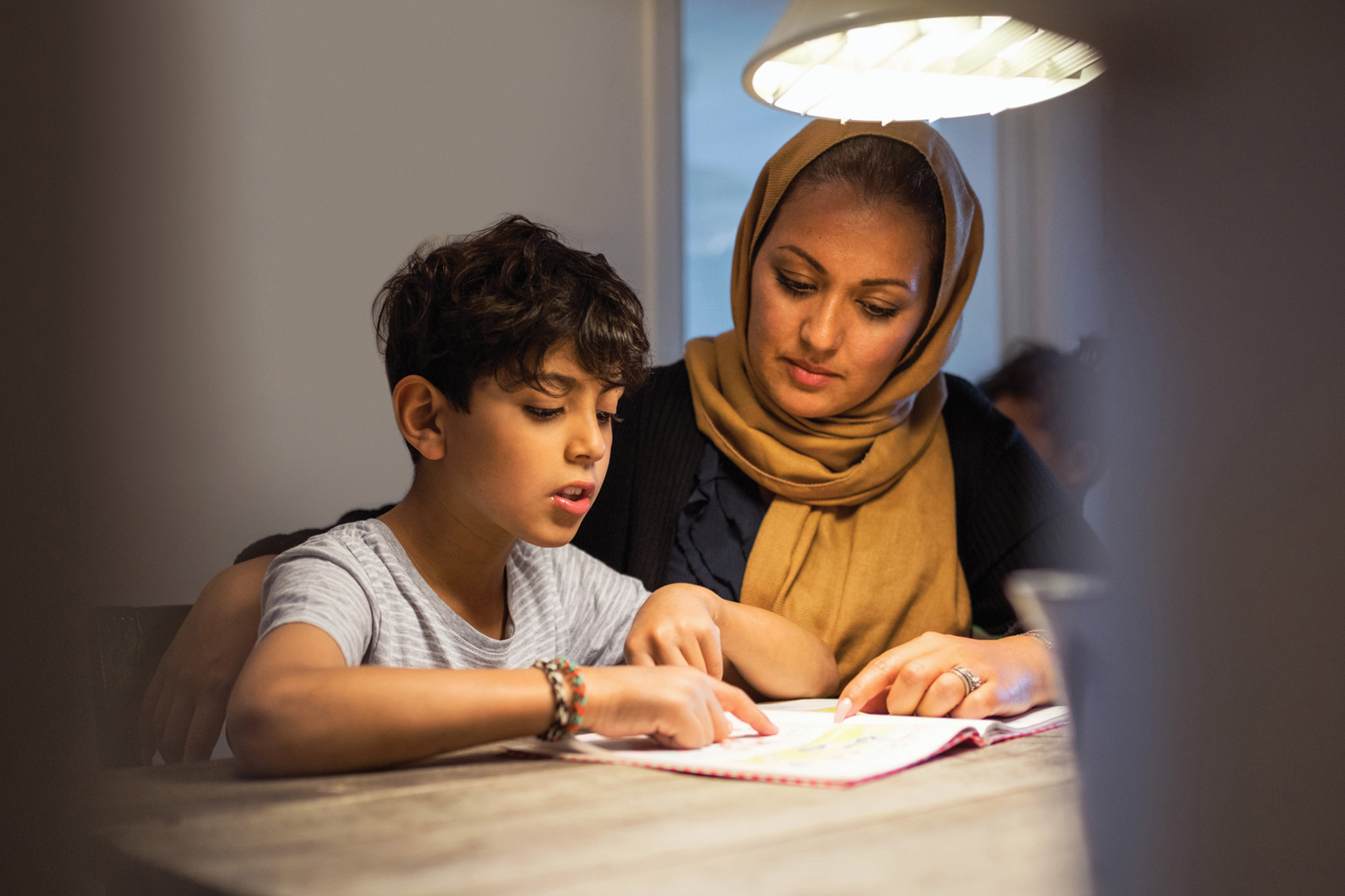
“Thank God we are together again” – The path to Ireland for one Syrian family
It is a typical school scene: a group of children sit in a classroom, several more play football outside, a few lucky ones are having fun on the swings and seesaw in the playground. Over the roof of the building are the words ‘My school’ and on the other side of the picture is written a single word: ‘Welcome’. A Syrian flag flies above the school, while a backdrop of mountains, birds and fruit trees suggest an idyllic valley setting.
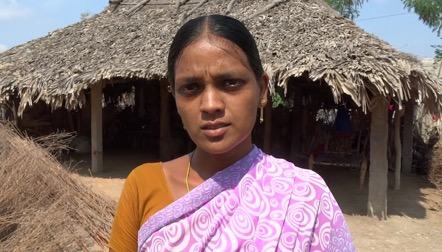
Sharing Success in a Dairy Cooperative
Jayasri and her family – her husband, two children and parents-inn-law – are landless. Because they have no land of their own to farm, the family is entirely dependent on the irregular wages they earn as agricultural day labourers and selling the milk from their buffalo cow.
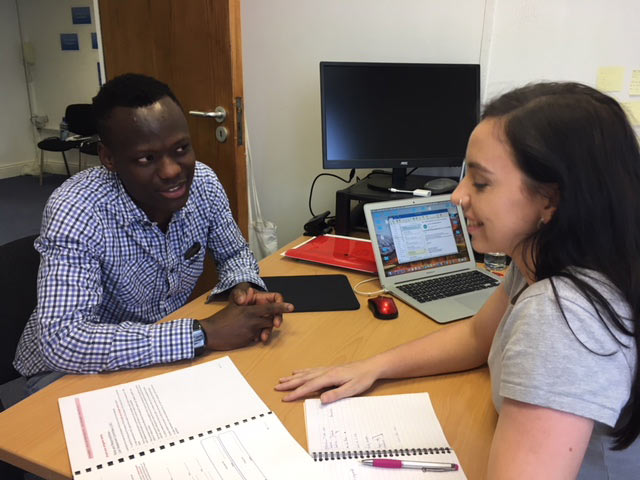
“When you have passion for something it is not difficult”: How NILS helped Champion follow his dreams
Champion is passionate about planes and recently undertook an introductory course in Aviation Engineering, thanks to the No Interest Loan Scheme. It was an important stepping stone for him as he builds his career and life in Ireland.
Become a NILS Referral Partner
At Good Shepherd Ireland we operate the NILS programme through a model of partnership.
We partner with client-facing, like-minded, local organisations to ensure we can reach those in financial crisis.

When a household appliance breaks it usually needs to be replaced immediately, but finding the money to pay for it can be a struggle. When it happens just before Christmas, the financial pressure can be even more intense. The No Interest Loan Scheme is there to help people tackle those unexpected expenses.

Bumps on the Journey
Just over a year ago, Delia was faced with a dilemma. She had damaged her car, and had been quoted over €600 to fix it. Postponing the repairs wasn’t an option as she needed transport for school runs. But she didn’t have the money to meet such a large expense, and felt she had nowhere to turn.

Sustainable Living, from Congo to Limerick
Sowing seeds of hope: How NILS helped Maurice to develop vegetable garden project
On a farm outside Limerick, Maurice and a team of volunteers are teaching young people how to grow African vegetables for the local community. The No Interest Loan Scheme was instrumental in getting the project off the ground.

“He will have a diploma. She will have a diploma.”
“Il aura un diplôme. Elle aura un diplôme,” chant the children of the Bon Pasteur School in Domaine Marial, a settlement at the edge of the mining town Kolwezi in the Democratic Republic of Congo. The thought that even a single boy or girl in this settlement might one day earn a school diploma is not something that would not have been considered possible a few years earlier.

“I’m in a better position now to get a job”: A step closer to employment thanks to NILS
Benoit loves to actively contribute to his local community, but as an asylum seeker has not been allowed to work. Thanks to the No Interest Loan Scheme, he recently returned to study and is preparing to enter employment in Ireland.

Two new businesses help Dropati find her own voice
Dropati is a housewife living in the rural village of Khursipar in Madhya Pradesh in central India. When Dropati first married, the management of the family’s two-acres of land was left entirely to her husband. Over the last year, Dropati has taken on a more active role, starting two new businesses, building a new home and finding her own voice.

“Thank God we are together again” – The path to Ireland for one Syrian family
It is a typical school scene: a group of children sit in a classroom, several more play football outside, a few lucky ones are having fun on the swings and seesaw in the playground. Over the roof of the building are the words ‘My school’ and on the other side of the picture is written a single word: ‘Welcome’. A Syrian flag flies above the school, while a backdrop of mountains, birds and fruit trees suggest an idyllic valley setting.

Sharing Success in a Dairy Cooperative
Jayasri and her family – her husband, two children and parents-inn-law – are landless. Because they have no land of their own to farm, the family is entirely dependent on the irregular wages they earn as agricultural day labourers and selling the milk from their buffalo cow.

“When you have passion for something it is not difficult”: How NILS helped Champion follow his dreams
Champion is passionate about planes and recently undertook an introductory course in Aviation Engineering, thanks to the No Interest Loan Scheme. It was an important stepping stone for him as he builds his career and life in Ireland.




